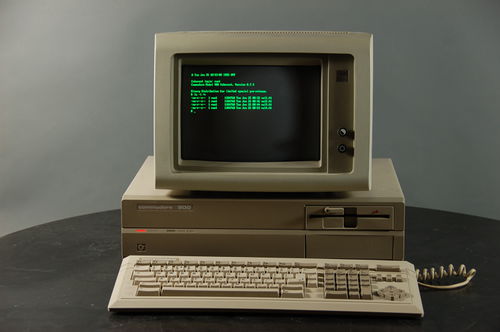I don’t think there were many Z8000 machines… this one is an unreleased product by Commodore:

See the DataMuseum site for some interesting details on the CBM900. (Photo from there.)
Commodore built this prototype UNIX workstation/server computer in the same time frame as the Amiga and their PC-Clone and then decided that they only had production capacity for two out of three, and the CBM900 lost.
All the approx 300-500 prototypes were recalled for destruction, but due to some kind of “mistake” this particular machine, which was on loan to a favored customer in Denmark, never made it back.
More about COHERENT on Udo Munk’s autometer site including disk images and manuals for the Z8000 port:
In 1990 Mark Williams Company released COHERENT 3.0, a clone of the UNIX V7 operating system for Intel 286 based systems. I already had a real nice PC with Intel 386 CPU, I passed on the PC XT and PC AT because of the technically bad design of these systems. At this time I was working for Nixdorf Computer and had access to all and any UNIX systems they had there in the labs. Besides the large RISC mainframes the smaller Nixdorf UNIX systems were based on 68020 and 386 CPU’s, so I knew that a 386 machine would do what I wanted.
See also Udo’s recent post on comp.os.coherent:
COHERENT Z8000
Via Glenn Holmer on cbm-hackers list.